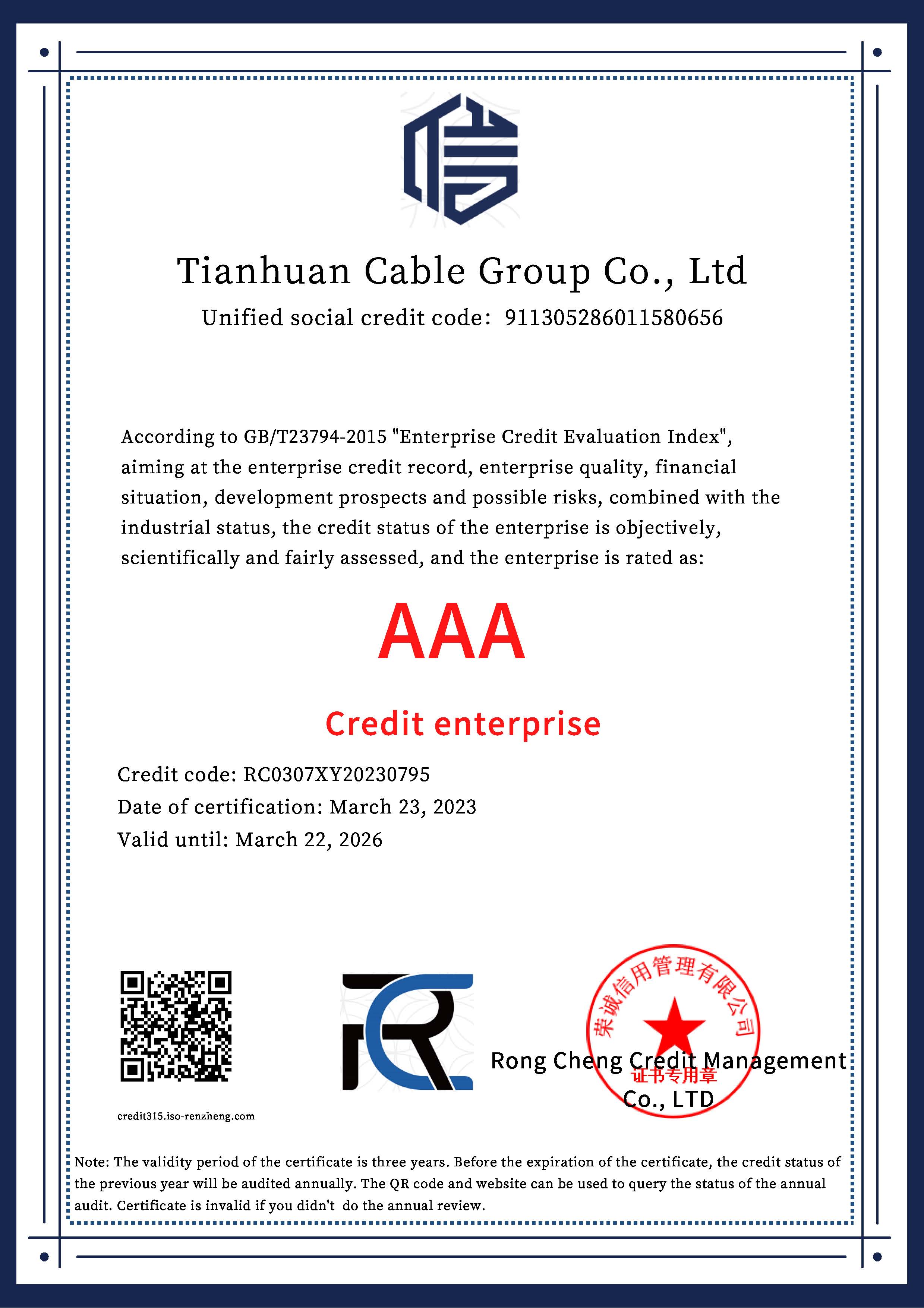
Rubber Submersible Cable Manufacturer for Reliable Underwater Electrical Solutions
The Evolution and Importance of Rubber Submersible Cables in Modern Industry
In today’s technologically advanced world, rubber submersible cables play a crucial role in various industries, particularly in water-related applications such as agriculture, aquaculture, and construction. These specialized cables are designed to function effectively in submerged environments, providing power and communication capabilities to underwater equipment. This article delves into the significance of rubber submersible cables, their construction, applications, and the technological advancements driving their development.
Understanding Rubber Submersible Cables
Rubber submersible cables are electrical cables insulated with rubber or synthetic materials that enable them to withstand the harsh conditions found underwater. The insulation protects the conductors from moisture, chemicals, and temperature fluctuations, which are common in submerged applications. Typically, these cables contain multiple wires, often made of copper, which provide the necessary electrical conductivity. The properties of rubber make it an ideal choice for insulation in submersible cables, as it offers excellent flexibility, durability, and resistance to environmental stressors.
Key Features of Rubber Submersible Cables
1. Water Resistance One of the standout features of rubber submersible cables is their ability to resist water ingress. This is critical for maintaining the integrity of the electrical connections and ensuring the safety of the equipment being powered.
2. Flexibility Unlike traditional cables, rubber submersible cables maintain flexibility even in cold water environments. This characteristic allows for easier installation and management, especially when dealing with dynamic underwater conditions.
3. Temperature Tolerance These cables are designed to operate in a wide range of temperatures, ensuring that they function correctly in varying environmental conditions, whether in deep-sea applications or shallow water.
Applications of Rubber Submersible Cables
rubber submersible cable company

Rubber submersible cables find widespread applications across several sectors
- Agriculture In irrigation systems, these cables connect submersible pumps to power sources, facilitating efficient water management in farming operations.
- Aquaculture In fish farming, submersible cables are essential for powering aeration systems and feeding equipment, which help maintain optimal conditions for aquatic life.
- Construction They are often used to power underwater tools and equipment during construction projects, such as foundation laying or underwater welding.
- Wastewater Management In sewage treatment plants, rubber submersible cables connect pumps and sensors that monitor water quality and facilitate efficient waste processing.
Innovations and Technological Advancements
The rubber submersible cable industry is not static; it evolves with advances in materials science and electrical engineering. Manufacturers are now experimenting with enhanced rubber compounds that improve durability and resistance to abrasion, prolonging the lifespan of the cables. Furthermore, advancements in manufacturing techniques have led to the production of cables that are lighter and easier to handle without sacrificing strength or functionality.
The integration of smart technology into submersible cables is another emerging trend. Sensors can be embedded within the cables to monitor performance in real-time, providing valuable data that can enhance efficiency and predict maintenance needs. This development is particularly beneficial in applications such as deep-sea exploration where access for repairs is challenging and costly.
Conclusion
Rubber submersible cables are indispensable components of modern industrial applications. Their unique properties and robust construction enable them to thrive in submerged environments, supporting various sectors that rely on efficient and reliable power sources. As technology continues to advance, the capabilities and applications of rubber submersible cables will expand further, ensuring they remain at the forefront of innovation in underwater electrical solutions. Whether in agriculture, aquaculture, construction, or wastewater management, these cables are set to play a vital role in supporting sustainable and efficient practices across multiple industries.
-
Reliable LIYCY Cable Solutions for Low and Medium Voltage ApplicationsNewsJul.14,2025
-
Premium Overhead Electrical Wire Solutions for Low and Medium Voltage ApplicationsNewsJul.14,2025
-
Innovative XLPE Electrical Cable Solutions for Modern Low and Medium Voltage NetworksNewsJul.14,2025
-
High-Quality Ethylene Propylene Rubber Cable – Durable EPDM Cable & 1.5 mm 3 Core OptionsNewsJul.14,2025
-
Exploring the Versatility of H1Z2Z2-K 1X4mm2 Cables in Modern ApplicationsNewsJul.14,2025
-
Uses of Construction WiresNewsJul.14,2025
-
Types of Neoprene CableNewsJul.14,2025














